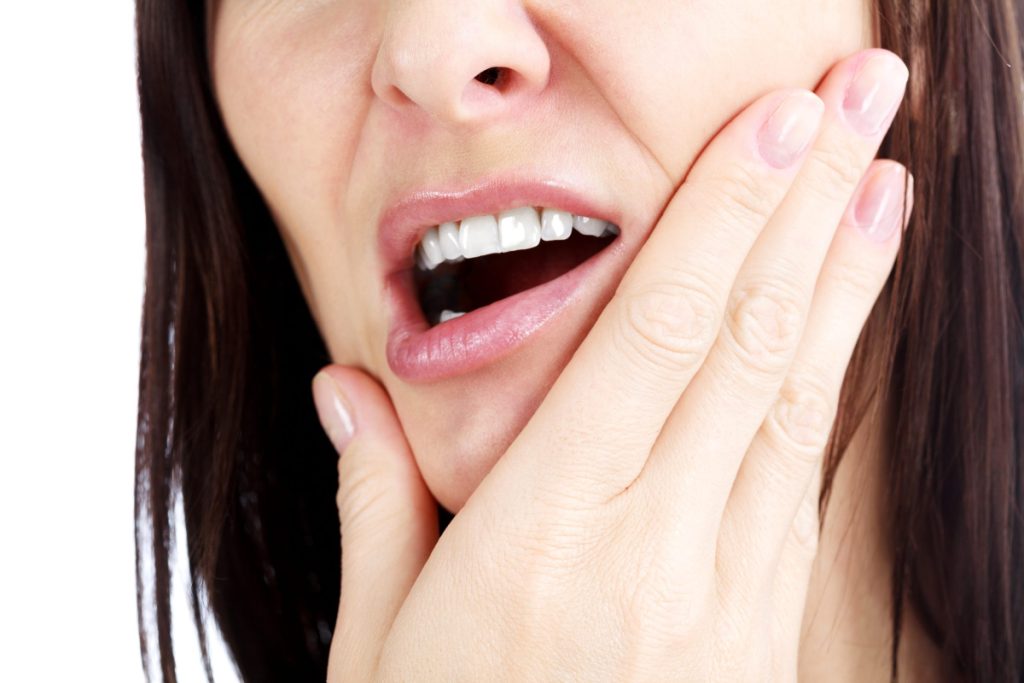- Deterioration of the jaw occurs due to weakened muscles, misalignment of teeth, traumatic injury, or overuse.
- Replace a missing tooth with dental implants for long-term support.
- Maintain good oral hygiene, including brushing twice daily, flossing daily, using an antiseptic mouthwash, and visiting a dentist regularly.
- Avoid bad habits such as bruxism, nail-biting, chewing on pencils or pens, etc., which can put extra strain on your jaw.
- Practice jaw exercises to strengthen the muscles in your face, neck, and jaw area.
The jaw is one of the most important components of oral health. It supports the teeth, helps us chew food, and plays an essential role in speaking. But many people don’t realize how easy it is for their jaws to become damaged or weakened over time. That’s why it’s essential to take steps to prevent jaw deterioration and keep your jaw healthy and strong.
What is Jaw Deterioration?
Jaw deterioration is the weakening or loss of bone in the jaw. This weakening can lead to physical deformity, difficulty speaking and eating, tooth loss, and other issues. In some cases, it may even be painful or cause headaches. It’s important to note that jaw deterioration isn’t just an aesthetic issue; if left untreated, it can seriously affect your overall health.
This condition can be caused by genetics, trauma, and certain diseases. But the most common cause of jaw deterioration is the aging process. As we age, our bones naturally become more fragile. That’s why taking steps to prevent or reduce your risk of developing this condition is so important.
Causes of Jaw Deterioration

There are several causes of jaw deterioration, including genetics, lifestyle choices, injuries, infection, or disease. Genetics play an important role in determining whether someone will develop jaw deterioration; specific genetic markers have been identified that make some people more likely than others to experience this condition.
Lifestyle choices such as smoking or drinking alcohol can also increase the risk of developing this condition. Injuries or infections affecting the bones in the face can also contribute to jaw deterioration if not properly treated. Finally, certain diseases such as osteoporosis or rheumatoid arthritis can cause jaw deterioration due to weakened bones in the face.
How to Prevent Jaw Deterioration
Fortunately, there are steps you can take to reduce your risk of developing jaw deterioration and keep your jaw healthy.
Replace Your Missing Tooth
Your teeth play a vital role in supporting and stabilizing the jaw, so losing a tooth can cause the jaw to weaken over time. This is because the tooth roots provide structure and support for the jawbone and help distribute bite forces evenly across the entire mouth.
Fortunately, tooth replacement solutions such as dental implants can help restore tooth structure and prevent jaw deterioration. Dental implants are one of the most reliable tooth replacement options, providing long-term jaw support and ensuring a secure fit.
Maintain Good Oral Hygiene
Maintaining good oral hygiene habits is the best way to keep your jaw healthy. Brush your teeth twice a day with a soft-bristled toothbrush and use fluoride toothpaste. Floss at least once a day to remove plaque from between your teeth where brushing cannot reach.
Ensure you also rinse with an antiseptic mouthwash regularly to kill any bacteria in your mouth that could lead to gum disease or other dental problems. Lastly, visit your dentist regularly for professional cleanings and checkups.
Avoid Bad Habits
Certain habits can put extra stress on your jaw muscles and joints over time, leading to pain, discomfort, and eventually deterioration of the jawbone itself. These bad habits include grinding or clenching your teeth (bruxism), nail-biting, chewing on pencils or pens, or frequently eating hard foods such as ice cubes or popcorn kernels.
Avoiding these activities will help reduce the strain on your jaw muscles and joints while also protecting them from further damage over time.
Practice Jaw Exercises

Several exercises can help strengthen the muscles in your face, neck, and jaw area that may help prevent jawbone deterioration over time. These exercises focus on stretching the muscles in this area and strengthening them through resistance training using weights or bands explicitly designed for facial exercises.
Practicing these exercises regularly can help improve circulation in the facial area and keep your muscles strong and flexible. This can help protect against future damage caused by bad habits or age-related issues like arthritis or osteoporosis.
Final Thoughts
Taking care of our mouths is essential for overall health, but it’s also imperative when taking care of our jaws! Taking steps like maintaining good oral hygiene, avoiding bad habits like grinding or clenching our teeth, and practicing regular facial exercises can all go a long way towards preventing jaw deterioration down the line while keeping our jaws healthy and strong now! For more information about how to protect yourself against potential problems caused by poor oral healthcare practices, speak with your dentist today!
